Last updated:
Stolen ATVs are occasionally offered for sale online or in local classifieds but you can protect yourself and check a few things to avoid buying a stolen ATV. Here are some common sense tips, don’t become a victim too.
Ask the seller for the ATV VIN and run a free ATV VIN check in advance. You want to make sure that the ATV’s VIN is legitimate and valid in advance. One common mistake someone might make if they are fabricating an ATV VIN is getting the year value wrong. That happens because ATV VIN numbers are unique in that the digits for year repeat every 20 years and it’s actually the 7th digit which validates the 10th digit(year). example: An ATV VIN might check out but suggest the ATV is a year old when it’s a much older model.
With a VALID VIN in hand visit a site like NICB. org to begin the process of finding out if an ATV is stolen. You can also inquire about the title at your local DMV if the seller is able to produce one. Unfortunately not all ATVs will have a title because in some states an ATV title is not required.
Visit your local department of motor vehicles to know the laws within your State or Province. If a title is mandatory in your area and the buyer says they reside in your area politely ask for an ATV title to be included in the deal, you’re going to need to register it after the sale anyway.
If an ATV offer or deal feels too good to be true, it probably is. Meeting prospective sellers in person will help you better understand the type of person you are dealing with. A major red flag is the seller insisting on bringing the ATV to your location or demanding that the meeting occur somewhere other than their home or place of business.
Someone who is selling a stolen ATV will generally not want you to know where they live.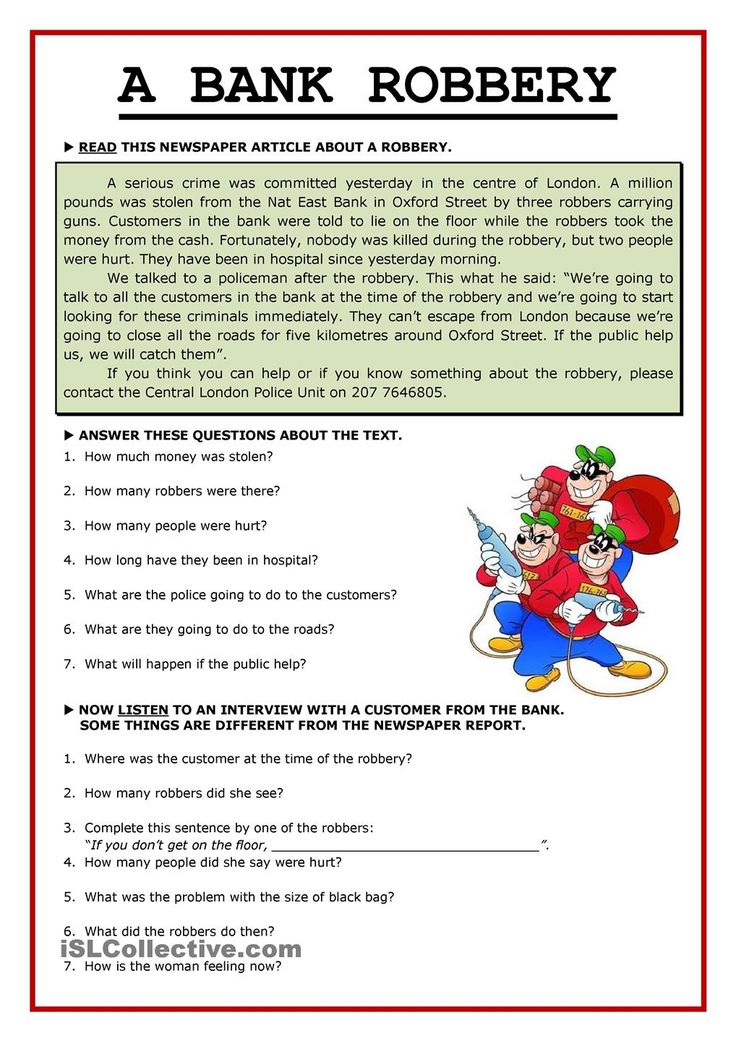 They will have an answer ready for any question you might have so ask a few unexpected questions as well. Example: The buyer says he is selling the ATV because he needs money or doesn’t have time to ride it anymore. Casually ask why they need the money or why they don’t have time.
They will have an answer ready for any question you might have so ask a few unexpected questions as well. Example: The buyer says he is selling the ATV because he needs money or doesn’t have time to ride it anymore. Casually ask why they need the money or why they don’t have time.
These are questions the seller might not have prepared an answer for and so you might notice it takes them a little longer to answer the question or the answer doesn’t make sense. If a story isn’t true it requires more effort to create and unexpected questions reveal this.
When you suspect an ATV might be stolen and you are with the seller don’t accuse them of anything, for your own safety let them know you aren’t interested and leave. Let the police investigate a possible stolen ATV, you put yourself at risk if you confront someone yourself.
Once you have a better understanding of the seller’s character there are additional steps you can take to find out if the ATV is stolen or not. Remember, it’s OK to walk away at any time.
Remember, it’s OK to walk away at any time.
A bill of sale is a contract between you, the buyer, and the seller that describes the transaction. Include all important details such as the agreed upon price, the vehicle’s description, the ATV VIN, a description of the ATV including condition and as much information about both the buyer and the seller as you can.
Ask for a valid driver’s license number to include along with the home address and contact information of both parties. A bill of sale should also be signed by both parties and have a current date on the document.
If the seller does not have a valid title, note that on the bill of sale. Again if you are in a location in which a valid title is mandatory consider not having it a deal breaker. Better safe than sorry because there is a good chance your newly purchased but not legally registered would be confiscated should police become involved. The more pertinent information you can include on the bill of sale the better off both parties are.
Complete the bill of sale BEFORE handing over any cash. If it looks good pay for the ATV and receive the bill of sale at the same time. If you pay and accept a promise to be sent one in the mail it may never come. Don’t be afraid to offend the seller by being firm, a legitimate seller will not mind taking the time to do it right.
Consider this step mandatory, there is very little to gain by avoiding the process of registering your ATV with your local department of motor vehicles. The benefits of doing so far outweigh the perceived negatives such as paying a transfer tax. Should your ATV become stolen it will be easier for law enforcement to return it to you if they find it.
If you are questioned about your ATV you can be in no better position than to have an official title with your name on it. Peace of mind, it’s worth doing a little bit of paperwork for! You can also request an ATV history report while doing your ATV VIN search if your DMV offers that service.
Many ATV riders form close knit communities online that often discuss their hobbies in various forums. You can be sure that if someone has just had their ATV stolen they are likely to ask for help in recovering it, somewhere. Perform a few searches for the make and model of your ATV along with the word stolen to see if you can find any recent postings about an ATV theft.
There are websites that offer a paid service in ATV recovery but I would not recommend spending money on such services because there are no guarantees. There might even be a reward offered for the ATV!
When meeting with an ATV seller bring a friend or relative with you for security purposes. A second set of eyes is a good idea. Use all of the tools available to you in assessing the ATV, and the seller, and do not be afraid to tell the seller it’s not what you are looking for. If you are unsure about something ask questions and if you don’t trust the answers, walk away. Saying no is sometimes the best deal you can make.
Saying no is sometimes the best deal you can make.
ATVs are an expensive hobby. You can usually save some money by purchasing a used ATV rather than a new one. This is especially true when four wheeling is a family activity and you need four or five machines to keep everyone happy. I am not about to drop $40,000 on ATVs so everyone in my family can ride, but buying a used ATV can be a very scary undertaking. Like buying a used car, you have no idea how well the ATV has been cared for and if there are any mechanical problems. However, unlike buying a used car, you really have to be concerned when buying a used ATV that you may be purchasing stolen property.
The safest way to ensure you aren’t buying a stolen ATV is to buy from a respected dealer, but that is not always an option and it also isn’t going to help much on your quest to save significant money. While you can’t remove all risk of a used ATV being stolen, there are some key steps you can take to make sure you appreciate the risk, investigate effectively and prepare for the worst.
The unfortunate reality is that ATVs are fairly easy to steal. They aren’t like cars that are always out in the open with police looking for them and they can easily be thrown in the back of a truck or a trailer and hauled away. This is not only unfortunate for the original owner, but also for the unsuspecting purchaser as well. If you end up with a stolen ATV, it is most likely going to get confiscated by the police and returned to the original owner, unless you are willing to hide stolen property, which you should not.
Many times, the situation you find yourself in when buying a used ATV will tell you a lot about the ATV you are buying and the person from whom you are buying it. Pay attention to any red flags, and if you are uncomfortable with the situation, just walk away. Trust your instincts. It may be hard to walk away from a good deal, but trust that your instincts are saving you from handing over the money for a stolen ATV that you are going to lose anyway. If you suspect the ATV is stolen, don’t accuse the seller of anything. Just let them know you are not going to purchase the ATV and leave. You can let the police investigate to see if it is stolen, but don’t put your own safety at risk by confronting the seller. The following situations are the most common red flags we see when purchasing a used ATV.
If you suspect the ATV is stolen, don’t accuse the seller of anything. Just let them know you are not going to purchase the ATV and leave. You can let the police investigate to see if it is stolen, but don’t put your own safety at risk by confronting the seller. The following situations are the most common red flags we see when purchasing a used ATV.
The first big red flag is a deal that is too good to be true. When the seller is willing to sell the ATV for a much lower price than it is worth, that is an almost sure sign there is something wrong with the ATV. While it is true there may be some valid reasons for an eager seller, you will need to dig into those and determine whether you believe them. We discuss some tips for getting to know the seller later in the article to help determine if the risk is worth it.
If the seller doesn’t have a title to the ATV, this could be a huge red flag, depending on where you live. Title requirements vary from state to state so you really need to learn the requirements for the state you are purchasing in before you can decide if the lack of a title is a red flag. Luckily, we have a guide for every state you can reference.
Title requirements vary from state to state so you really need to learn the requirements for the state you are purchasing in before you can decide if the lack of a title is a red flag. Luckily, we have a guide for every state you can reference.
In some states where a title should be available, the ATVs are sold new with a certificate of origin instead of a title. That means that at the time of purchase, it is up to the owner to get a title from the DMV. The owner might not bother spending the time or money getting a title because it might not be a legal requirement. Even if a title is required by law, there are some people out there who won’t get a title even if they are the legal owner.
Fortunately, in one of these legitimate circumstances where a title is not available from the seller, it is usually fairly easy to get a title transferred into your name. You’ll want to make sure that you contact your local DMV to find out what the requirements for that might be and ensure you can do it prior to purchasing the ATV. It is even a better idea in this situation to require the seller to get a title in their name before selling it to you. This may be a deal breaker for them, but it alleviates much of your risk.
It is even a better idea in this situation to require the seller to get a title in their name before selling it to you. This may be a deal breaker for them, but it alleviates much of your risk.
Now that we’ve told you the legitimate reasons a seller may not have a title, there are illegitimate reasons as well, namely the ATV is stolen. In a state where the seller should have a title and doesn’t, that is a giant red flag for me. It is not a risk I am willing to take regardless of how good of a story the seller can spin, but the risk you are willing to take is up to you. If you are willing to proceed with the sale, you can alleviate some of the risk by following the tips in this article.
A good thief may have gotten away with stealing both the ATV and the title. Check to make sure the name of the seller matches the name on the title. While the seller may have many excuses for having not put the title in their name, or they may claim to be selling it for a friend, that is not a risk I am willing to take when shelling out thousands of dollars. Insist that you meet the person on the title, in person, and that they sign the bill of sale. Alternatively, insist the seller get the title transferred to their name before they sell the ATV to you.
Insist that you meet the person on the title, in person, and that they sign the bill of sale. Alternatively, insist the seller get the title transferred to their name before they sell the ATV to you.
While a wary seller may be nervous about letting a stranger know where they live, it is a huge red flag if a seller insists on bringing the ATV to your location or meeting in a public place away from their home or business. If they don’t want you to know where they live or work, it is likely because they don’t want you to have a way to track them down when you discover the ATV is stolen or otherwise defective.
Wherever you are meeting, we recommend taking a friend along with you. Not only is it a good idea for safety reasons when you are meeting with a stranger, a friend may see something you don’t. It is easy to get caught up in examining the condition of an ATV and being excited about the prospect of buying a new ATV. Hopefully a friend will alert you of any red flags you miss.
Get all the information you can from the seller about their identity and the history of the ATV. This is especially important if there are red flags with the situation. There may be a good reason for the red flag so you need to figure out the explanation and then decide whether you believe it.
There are some good reasons people are eager to sell an ATV and willing to sacrifice the price. Two common occurrences are divorce and loss of employment. While these can be valid reasons, they may not be true. You may be stuck determining how much you believe the seller and how much you are willing to risk, but there are also additional steps you may be able to take. For example, check the local court docket to see if there actually is a divorce procedure pending.
A scam artist is going to be a smooth talker and have answers for all the expected questions. If you want to learn if he or she is telling the truth, throw a few curve balls and see if they can handle it. Don’t just accept their explanation at face value, ask some follow up questions to expose a part of the story they haven’t pre-planned and see if it startles them or they take a longer amount of time to come up with an answer. For example, if they say they have to sell the ATV due to a divorce, ask them if they are also moving to a new house. This is a logical question when dealing with a divorce, but it is likely something they would not be expecting. Another great follow-up question is asking who their divorce attorney is. You might say, “Oh really, I have some friends that are divorce attorneys, maybe I know yours. Who is it?” If they are really getting a divorce, the name will come right out, but they will almost certainly be caught off guard if they aren’t getting divorced.
Don’t just accept their explanation at face value, ask some follow up questions to expose a part of the story they haven’t pre-planned and see if it startles them or they take a longer amount of time to come up with an answer. For example, if they say they have to sell the ATV due to a divorce, ask them if they are also moving to a new house. This is a logical question when dealing with a divorce, but it is likely something they would not be expecting. Another great follow-up question is asking who their divorce attorney is. You might say, “Oh really, I have some friends that are divorce attorneys, maybe I know yours. Who is it?” If they are really getting a divorce, the name will come right out, but they will almost certainly be caught off guard if they aren’t getting divorced.
You also have a decent shot by asking about the ATV with the local ATV community and on internet forums. If someone has had their ATV stolen, they have likely reached out to the community and online resources to enlist help.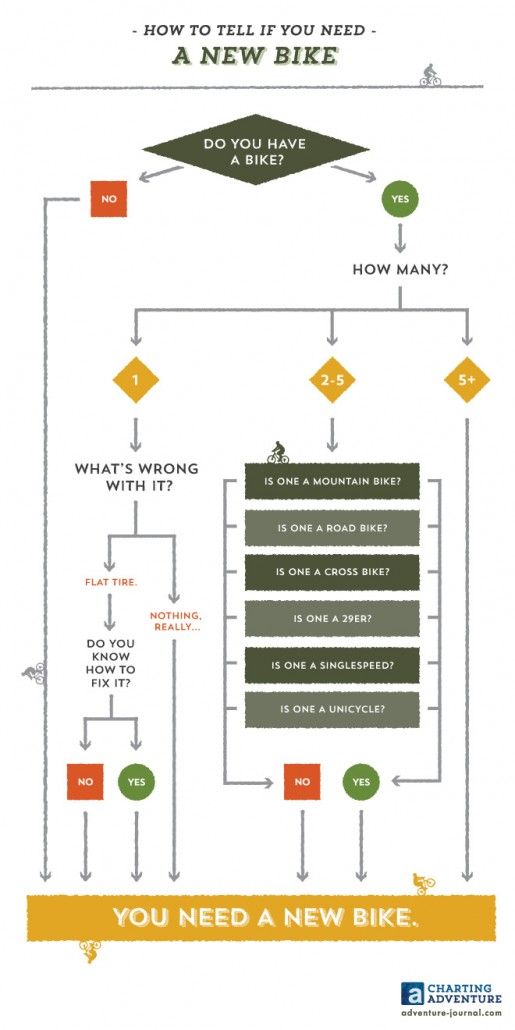 Learn about the ATV you are looking at so you know what you are asking about. Try a couple searches with the make and model of ATV you are looking at with the word “stolen” and see if anything pops up. It is also a red flag if the seller can’t tell you much about the ATV.
Learn about the ATV you are looking at so you know what you are asking about. Try a couple searches with the make and model of ATV you are looking at with the word “stolen” and see if anything pops up. It is also a red flag if the seller can’t tell you much about the ATV.
Ask some questions only the owner would know. For example, ask how long that set of tires has been on it, ask what kind of battery it had (check out our article on different types of ATV batteries so you know how to confirm), ask about any aftermarket parts you see, ask about general routine maintenance that has been done (check out our article on braking tips for types of maintenance you can ask about).
Checking the VIN on the used ATV is maybe the most important step you can take, but it is something most riders don’t think about or don’t know how to do. There are two main methods for checking the ATV’s VIN to see if it has been reported stolen. First, you can check with the local police. Second, there are a handful of websites that will check the relevant databases for you. I recommend you take advantage of both options.
Second, there are a handful of websites that will check the relevant databases for you. I recommend you take advantage of both options.
Something you need to be aware of is how you go about getting permission to check the VIN number. Don’t try to be sneaky and run the VIN without telling the seller. Explain to the seller what you are doing and why. Educate them on the issue and the resources available if they are not aware. If a seller is wary of you running the VIN, run for the hills. The seller may have good reason for not showing you the VIN, such as a winch that has to be removed to view the VIN, but do not let that stop you from checking the VIN no matter what they say. If they are not willing to do what it takes so you can check the VIN, walk away. It is not worth the risk.
This is going to depend somewhat on your location, but you may be able to just call into your local police department and have them check the VIN and they will tell you whether the ATV has been reported stolen. The great thing about going through your police department is they will hopefully be aware of any reports that have come in from the area, even if they didn’t include a VIN.
The great thing about going through your police department is they will hopefully be aware of any reports that have come in from the area, even if they didn’t include a VIN.
Don’t be surprised; however, if your local agency isn’t as accommodating. While some will take your call and give you a quick answer, others won’t help you unless you actually bring the vehicle into the department so they can inspect it. Of course, if it comes up stolen, they impound it. This will make it difficult, but if a seller is cooperative and willing to take it down to the station, that should ease most of your fears.
Luckily for us, there are a number of websites and services that will check the stolen vehicle databases to determine if the ATV you are looking at has been stolen. Since some of these services are different, it may be worth checking a couple of the websites just to be safe. The VIN may be in a different spot on different ATV models, but it is going to be mounted on the frame of the ATV, usually on the bottom left side.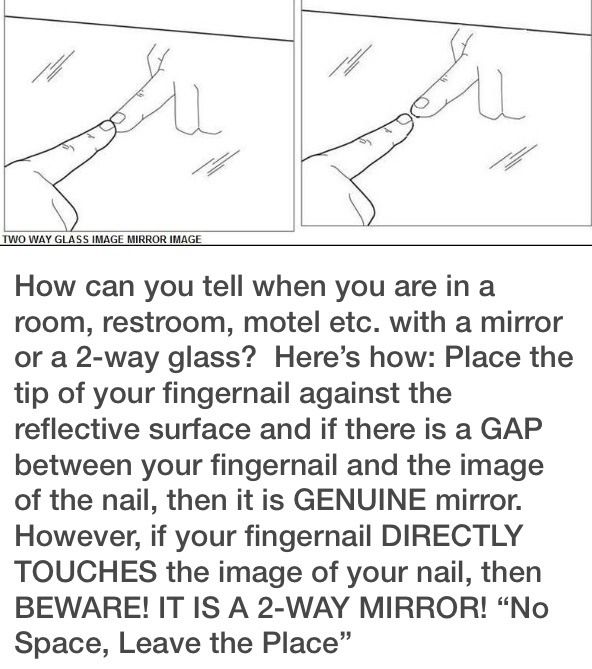
National Insurance Crime Bureau. NICB is probably your best bet because this is the service used by insurance companies and police departments to report stolen vehicles. NICB offers a free service to the public to assist in determining if an ATV, or any other vehicle, has been stolen, but not recovered. You can also determine if an ATV has been reported as a salvage vehicle by a participating NICB insurance company. This is important because a salvaged ATV, in addition to potentially having unknown damage, can never be registered for highway use in most states. To use the NCIB’s “VINCheck” you simply have to enter the VIN number and you will get the results. Be aware, you are limited to five VIN checks per day.
Stolen 911-ATVs. The Stolen 911’s website is not going to connect you to the stolen vehicles database, but it is a fairly widely used service where ATV owners who have had an ATV stolen list info about the ATV. Stolen 911 will have the stolen ATV’s VIN indexed by google so it is easy for you to find. While you can search for the VIN, this website is also helpful because the owner can list descriptions and photographs of the ATV. The owner may also post a reward so you could get lucky.
Stolen 911 will have the stolen ATV’s VIN indexed by google so it is easy for you to find. While you can search for the VIN, this website is also helpful because the owner can list descriptions and photographs of the ATV. The owner may also post a reward so you could get lucky.
Stolenregister.com. Stolen Register is a database of stolen property. It allows you to search by almost any identification information, including the engine’s serial number (which can be important as a stolen engine can be swapped into a different ATV body), VIN or plate number. You can also search by incomplete information if that is all you have, or you can search pictures on their database.
Carfax. Everyone knows what carfax is by now. You can use it to look up ATV history as well. It can be pricey so hopefully you can find someone with a subscription willing to look it up for you. I have heard of people on Craigslist that will look up a Carfax report for a nominal fee, but I can’t recommend it as I don’t know if that violates anything important.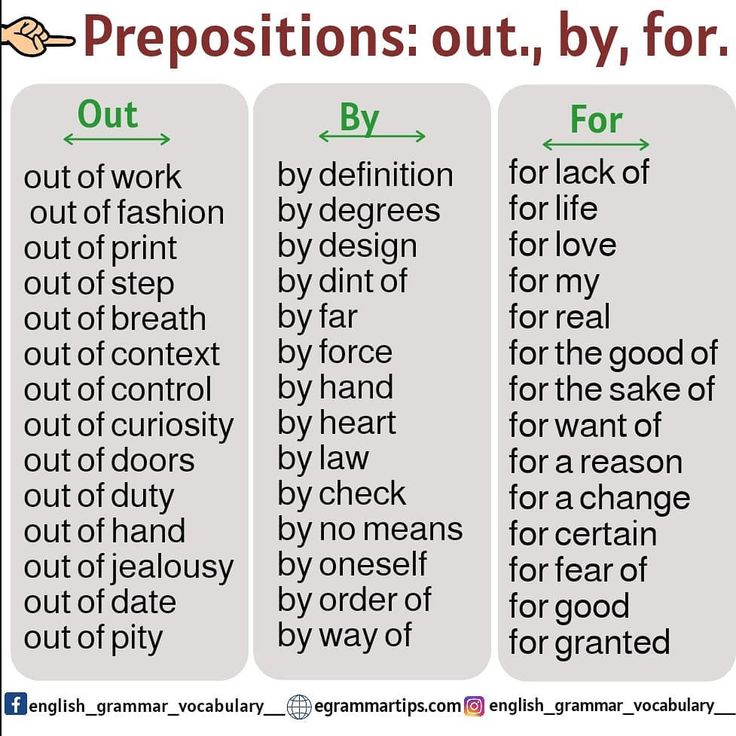
VIN fraud is the act of replacing or altering a VIN in order to mislead consumers or law enforcement. It often occurs in conjunction with vehicle theft. The two most common types of VIN fraud include:
VIN cloning is the most common method of VIN fraud. It involves taking a VIN from a similar, legally registered vehicle and placing it on a stolen vehicle to hide its identity. By doing this, a thief can more easily evade law enforcement and sell a stolen vehicle without worrying about the VIN registering on NICB.
This has become a more popular tool for thieves as it is pretty effective. The thieves can grab a new VIN from a recently salvaged vehicle, dealership ATVs, or from the internet. Once they have a legitimate VIN, a counterfit VIN label can easily be produced with low-tech equipment.
VIN cloning can result in two registered ATVs with the same VIN. In the event these two ATVs ever attempt to get registered in the same state, all kinds of issues arise and may result in your ATV being impounded. You may then become the subject of a criminal investigation, trying to prove you were not aware of the cloned VIN.
VIN altering is defined to include any of the following:
This is a very common sign of a stolen ATV. You would be surprised how many people buy a used ATV without checking the VIN, only to find later the VIN has been scratched off so it is unreadable. By that point, the new owner faces quite the predicament as they know they are driving a stolen ATV that is going to get impounded once they report it.
Following all the tips we talk about in this article will go a long way to helping you determine whether a used ATV may have been subject to VIN Fraud. In addition to following all those tips, make sure you thoroughly inspect the VIN on the ATV. Make sure there is no damage to the VIN label and that it is clearly legible. Also make sure the VIN on the label matches all title documents and service records that may be available to you. You can also conduct a title search and have your insurance carrier conduct a check for possible clones.
One sneaky trick you can learn is that the 17-digit VIN is not random. The position of each letter or number in the VIN reveals important information about where and when the ATV was made, the type of engine it had and various other pieces of information. You can look up the individual manufacturer and learn all the specific digits you should be looking for to match the ATV you are looking at, but the digits that you will find the most beneficial for spotting a sloppy VIN cloning job are the following:
 e. H for Honda, K for Kawasaki and so forth. If you are looking at a Honda and the second digit is a P, then it is likely a cloned VIN.
e. H for Honda, K for Kawasaki and so forth. If you are looking at a Honda and the second digit is a P, then it is likely a cloned VIN.Getting a title is the best way to be safe, but if that isn’t possible, then make sure to get a bill of sale. I would get both if possible. Even if you feel good about the sale and the VIN checks out clean, you can’t be sure there wasn’t VIN fraud or that the police department that took a stolen vehicle report actually submitted their report, or that the person from whom the ATV was stolen even knows it is gone yet.
Even if you feel good about the sale and the VIN checks out clean, you can’t be sure there wasn’t VIN fraud or that the police department that took a stolen vehicle report actually submitted their report, or that the person from whom the ATV was stolen even knows it is gone yet.
A bill of sale is absolutely essential, especially if there is not a title to the ATV. While a bill of sale does not need to be anything complex, full of legalese, you want to make sure you include some key information.
A bill of sale is a contract between you, the buyer, and the seller that describes the transaction. Include all important details such as the agreed upon price, the vehicle’s description, the ATV VIN, a description of the ATV including condition and as much information about both the buyer and the seller as you can.
You should include the seller’s name, address and phone number. Importantly, don’t just take the seller’s word for it. Make him show you his/her driver’s license and copy all the information you can. Hopefully, you are meeting the seller at their house as well, so confirm that address matches the driver’s license. The bill of sale can be a valuable defense should you be caught with a stolen ATV. It can also provide you the information you need to seek recourse against the seller after you lose the ATV you paid for.
Hopefully, you are meeting the seller at their house as well, so confirm that address matches the driver’s license. The bill of sale can be a valuable defense should you be caught with a stolen ATV. It can also provide you the information you need to seek recourse against the seller after you lose the ATV you paid for.
Now is the fun part! Get out and ride, but there are some more things to looking into as well.
The question of how to check for theft of a scooter, motorcycle, moped or ATV for theft should be of concern to anyone who is going to purchase such vehicles in 2020. In this article we will tell you how to do this and what are the consequences of carelessness when buying.
In this article we will tell you how to do this and what are the consequences of carelessness when buying.
Contents
A good iron horse can cost no less than a decent foreign car, and sometimes even more. When planning to spend such funds, the buyer must be sure that his purchase is legal and will not bring problems with the law in the future.
 Another thing is that there is no separate surcharge for this, as well as the desire of the inspector to spend time on this. However, if a person insists on refusing, it will not work.
Another thing is that there is no separate surcharge for this, as well as the desire of the inspector to spend time on this. However, if a person insists on refusing, it will not work. Attention! All checks are free of charge.

Motorcycle - perhaps the most popular vehicle after the car. Like a car, it has a VIN, which checks the compliance of the engine with a specific vehicle.
You can check for motorcycle theft in all of the above ways. In addition to the official website of Interpol, the site Bikepost ru is also popular. Here, the owners of the stolen bikes themselves leave information about their missing iron horses. Each buyer can use the verification. If the proposed purchase is on the list of losses, then this is at least a reason to take a walk to the traffic police and find out what the true state of affairs is. If the seller is against it, then it’s definitely worth reporting to the inspection, and refusing to buy. It is advisable to do the same if the seller prevents you from looking at the VIN number.
The situation for scooters is somewhat more complicated than for cars and motorcycles. The fact is that most of them are not subject to state registration.
Only those of them that have an engine capacity of more than 50 cm3 are registered with the traffic police.
Scooters, like motorcycles, have a VIN number. It is located depending on the model:
It is also possible to check the scooter for theft by frame number. Due to the fact that only mopeds that exceed the power threshold are registered, less powerful scooters cannot be checked for theft online. The traffic police inspectorate simply does not have data on them. The rest, when hijacked, end up in the traffic police database.
The mopedist can see it personally, or with the help of an inspector at a stationary post or in the traffic police.
Not all ATVs are also registered, but only those with sufficient power. Those that have passed state registration during theft will also be in the traffic police database, like other vehicles. It is enough to visit the inspection or the website of the traffic police.
It is enough to visit the inspection or the website of the traffic police.
The situation is somewhat more complicated with those ATVs that were not registered. First you need to ask the seller to provide the entire package of documents, check the wines. It would not be superfluous to show the transport to a specialist, he will not only conduct a certain inspection of its technical condition, but also help to find out that the number was not interrupted, and the purchase did not get into an accident. If there are not enough documents, then it is advisable to refuse the purchase, no matter how tempting the price is.
When checking a registered motor vehicle, you will need:
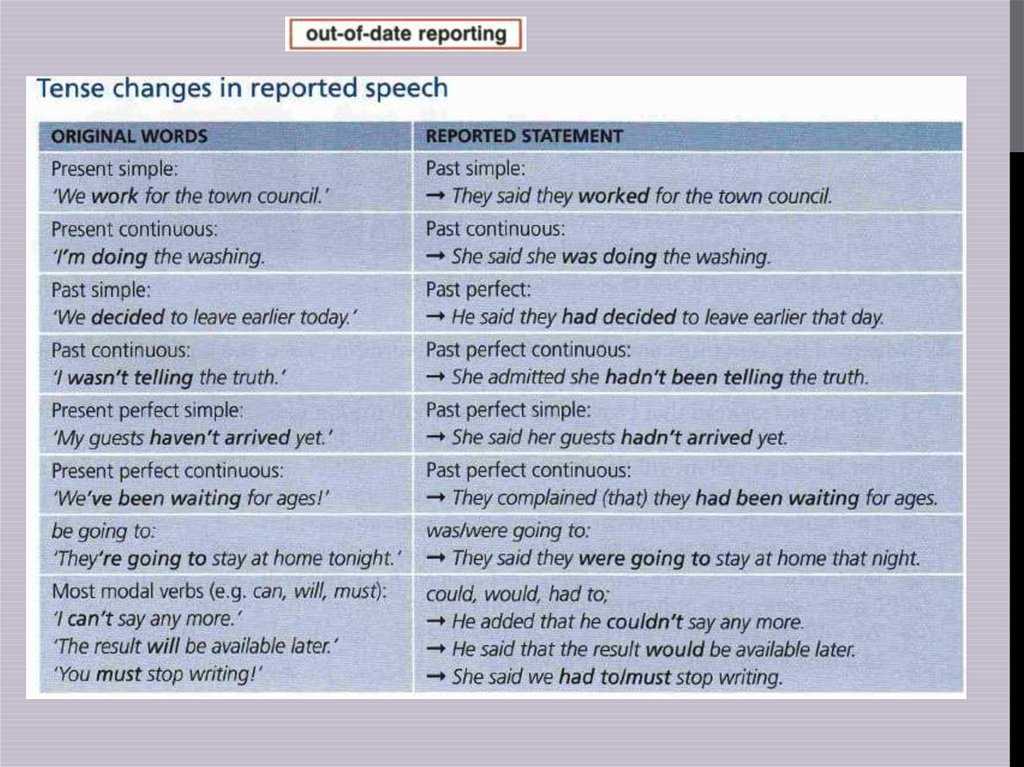 At best, this is a vehicle with previously imposed restrictions, at worst, stolen.
At best, this is a vehicle with previously imposed restrictions, at worst, stolen.
The consequences of buying a stolen vehicle are unpleasant. Depending on whether the buyer knew about the criminal origin of the motorcycle, he is threatened with either criminal liability. Or long trials in an effort to return what was spent.
If the buyer promised in advance to purchase stolen or hijacked vehicles, then he will be considered an accomplice of the hijacker in the commission of a crime. He will be liable under the relevant article of the Criminal Code of the Russian Federation.
If the buyer was in the dark and according to the Civil Code of the Russian Federation is considered a bona fide purchaser, this will have to be proven in court. At this time, it will not be possible to use the purchased vehicle, it will be seized, and the money will be returned too.
This, in addition to the fact that you still have to become a witness in a criminal case of theft or theft.
Unfortunately, practice shows that it is difficult and rather expensive to prove the good faith of an acquisition. Getting your money back is almost impossible. For this reason, it is worth buying only pre-tested motorcycles and scooters. Moreover, there are now enough ways to check, for this you don’t even need to leave the house.
Photos from open sources
Car theft is a painful and unpleasant incident. Attackers plan it in advance, so there is always a chance to understand and prevent it. About how to figure out that hunting has begun for your “swallow”, the AvtoVzglyad portal tells.
Victor Vasiliev
During the crisis, any car is stolen, regardless of status and price tag, so both owners of expensive premium SUVs and owners of used budget class cars are at risk. How do you know that the car is about to be stolen?
How do you know that the car is about to be stolen?
The easiest target is a car whose owner has gone on a business trip or vacation. To understand this, attackers mark the car. For example, they put a branch on the hood or roof, or put an advertising brochure under the wiper blade. So even if you only use your car to drive on the weekends, clean the bodywork regularly. This will tell the car thieves that the owner is there, he can see the moment of theft from the window and call the police.
Another typical situation. The owner approaches his "iron horse", presses the door open button on the key fob, and the car does not respond. Of course, this may mean that the battery in the smart key has run out or the immobilizer has malfunctioned. But it can also easily hint that the auto-thieves have turned on the “jammer” of the signal. As a result, the owner begins to get nervous, and the thieves turn their "gadget" on and off.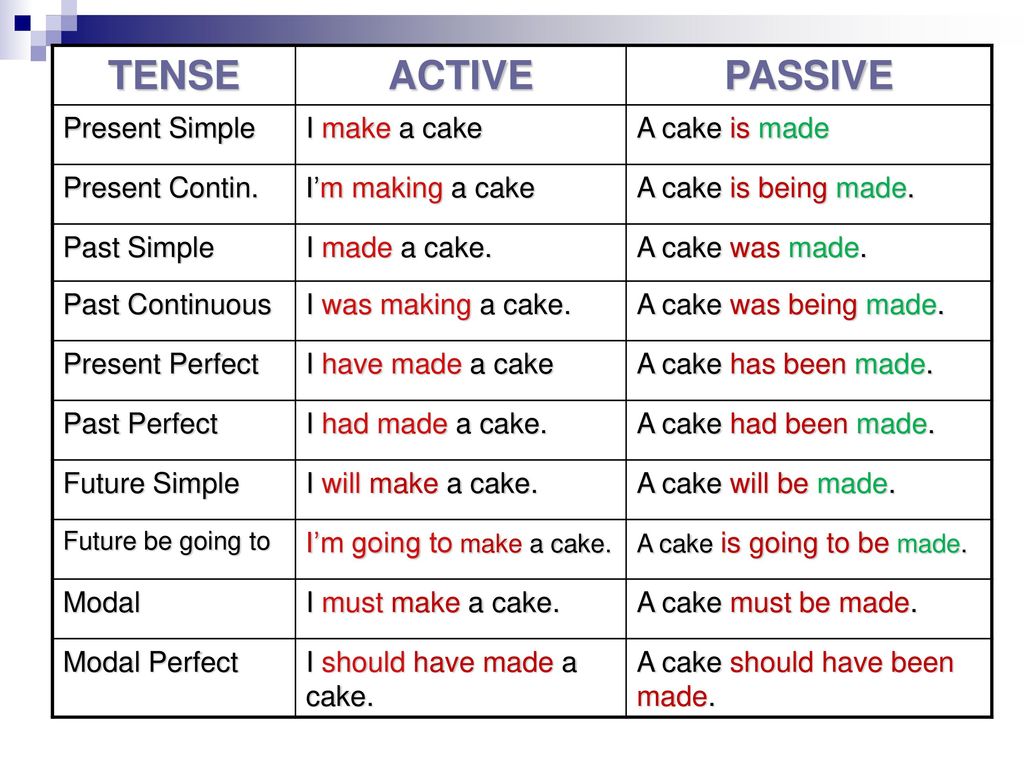 It turns out a situation when a motorist removes the alarm by pressing the car and goes home to check the same battery. This is what the thieves are waiting for.
It turns out a situation when a motorist removes the alarm by pressing the car and goes home to check the same battery. This is what the thieves are waiting for.
Photo: kudrovolife.ru
Another clear sign that your car is being hunted is an alarm that goes off at the most inopportune time. Of course, these can be “glitches” in the electrics, but usually this indicates that they are interested in the car. It is better to drive the “wheels” to a paid parking lot or underground parking, simultaneously observing the situation from the side. If suspicious people or vehicles appear, contact the police without delay. But if the sounds of a siren are heard at night, then do not rush to leave the entrance with the keys. Perhaps this is what the criminals are waiting for, intending to attack.
And one more fact. Now there is a wave of theft of disks and tires from the car. This is especially true for expensive cars, where there are beautiful large-diameter rollers.